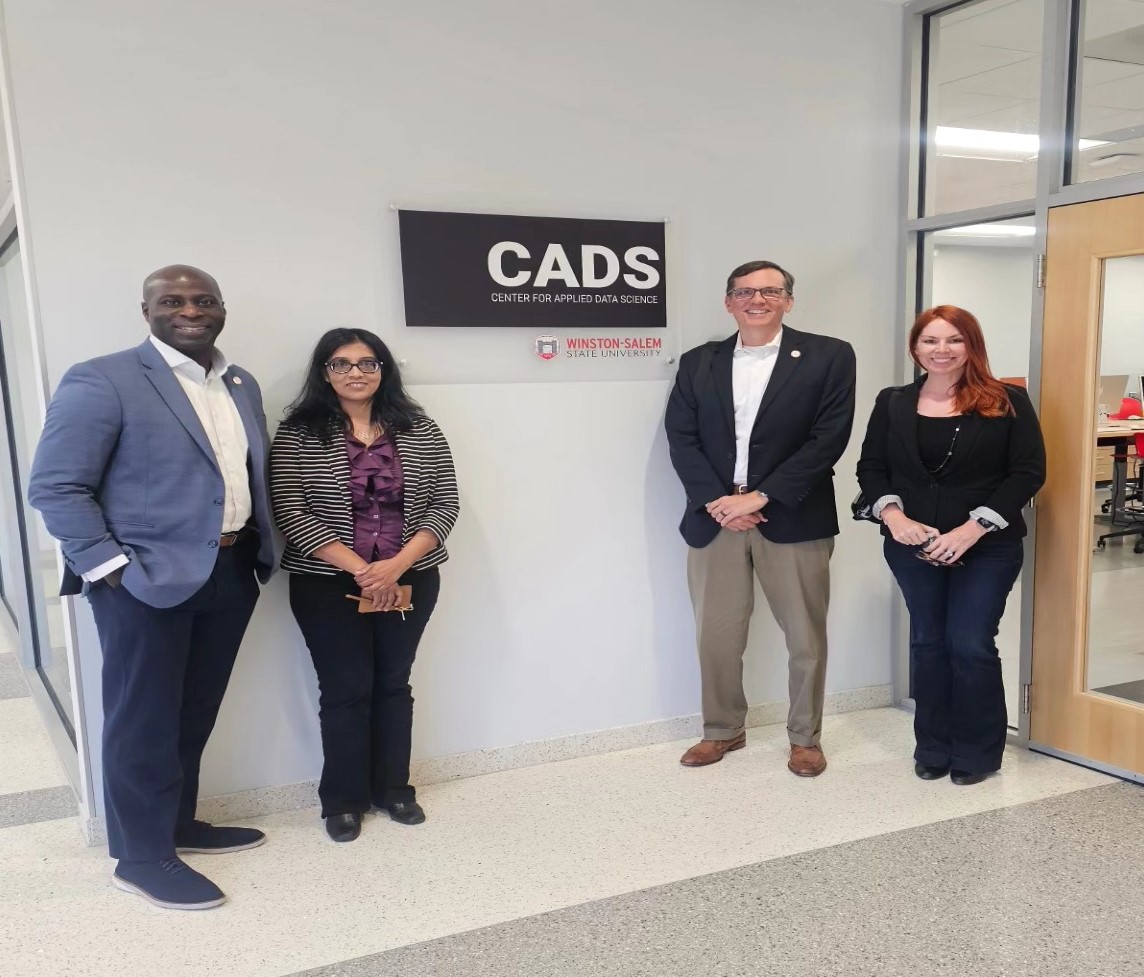
Strategic Roadmap for
Access and Community Connections
The Haslam College of Business Strategic Roadmap for Access and Community Connections provides a timeline and measurable outcomes to review progress towards supporting our core values. The roadmap is evaluated based on our objectives to promote a culture of accountability as it pertains to fostering a welcoming environment for our faculty, staff, and students. Each of the six goals include specific action steps to reach our desired outcomes.

1.
Strengthen continuing emphasis on improving undergraduate student retention for historically underrepresented groups, first-generation students and students with academic challenges.
Specific Action:
- Expand breadth and depth of the “Sophomore Mentoring Program” providing second-year students with a framework and support structure for navigating the second year of the Haslam College of Business curriculum, preparing them for upper-level coursework and internship opportunities

2.
Increase enrollment in and student matriculation through the HCB pre-collegiate programs.
Specific Action:
- Increase the number of students participating in Haslam precollegiate programs and the percentage of program completers applying to and enrolling at the University of Tennessee
- Expand scholarship opportunities of students who successfully complete the Haslam precollegiate programs, focusing first on the Business Education for Talented Students (BETS) program

3.
Create additional learning opportunities to expand student, faculty and staff contributions to a more inclusive college community.
Specific Action:
- Hold a college-wide “Inclusion & Engagement Summit” aimed at increased understanding of what constitutes a nurturing, inclusive community and how our individual and collective attitudes and actions contribute
- Continue to deliver a college-wide development session each semester directed towards sharing best practices related to inclusion and belonging

4.
Build partnerships, specifically through more intentional, systematic visits to Historically Black Collegiate Universities and Hispanic-Serving Institutions.
Specific Action:
- Conduct a minimum of two such visits to include recruitment efforts, research/program partnership exploration and advanced degree informational sessions

5.
Attract and retain greater numbers of historically underrepresented populations into faculty, staff and administrative positions.
Specific Action:
- Continue to proactively search for talented candidates using resources provided by nationally recognized organizations
- Assign mentors for historically underrepresented hires, both faculty and staff, by pairing them with senior faculty and staff members
